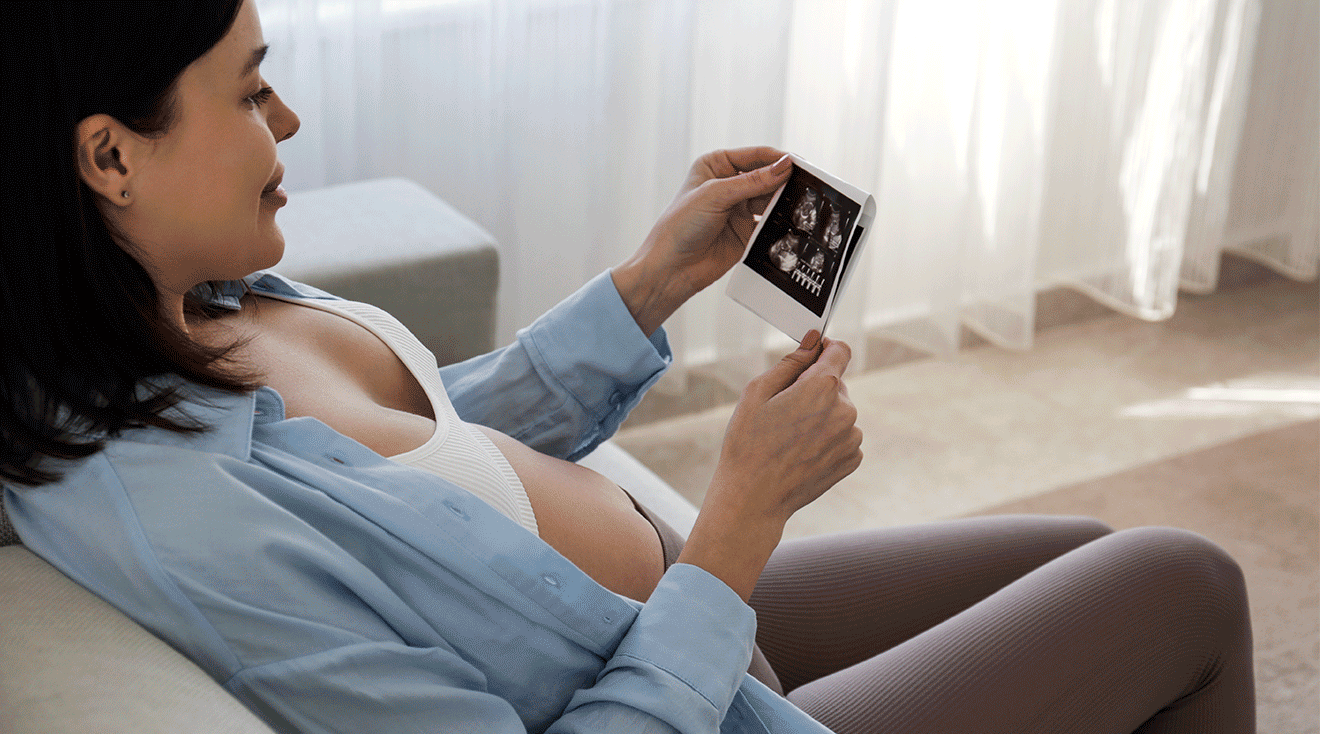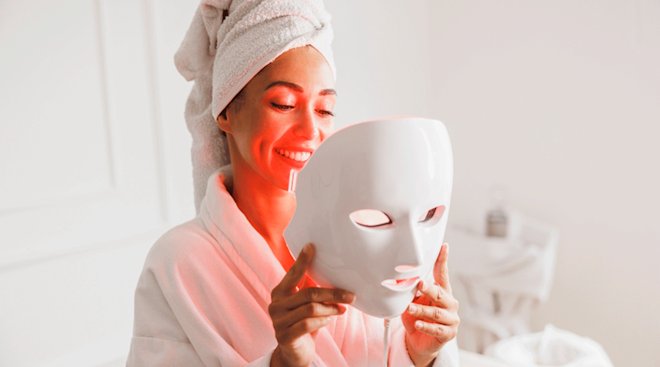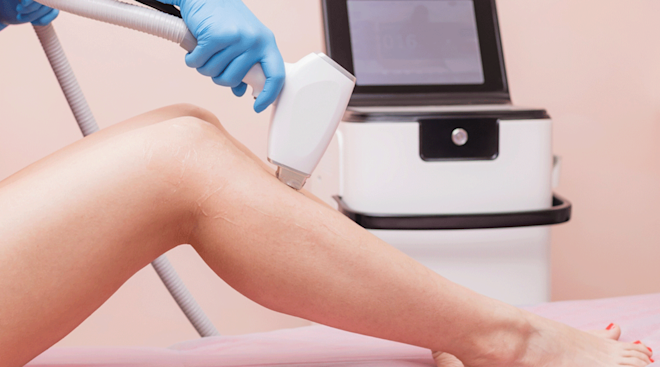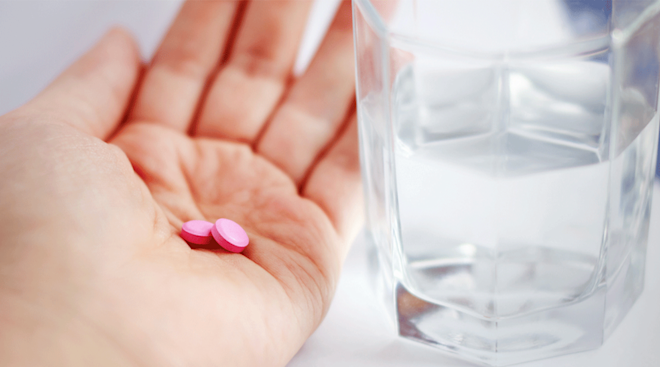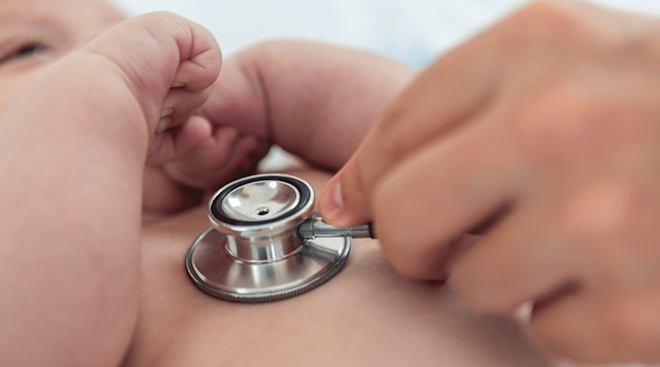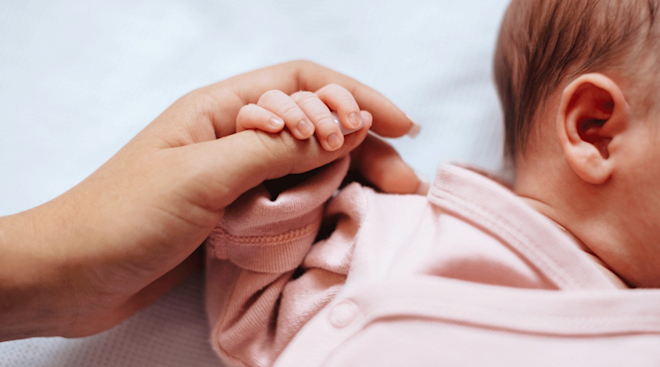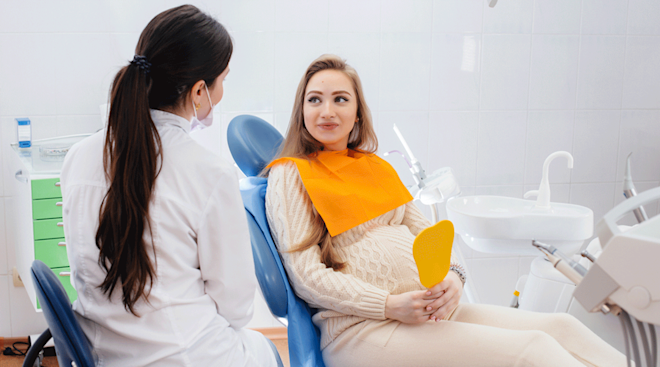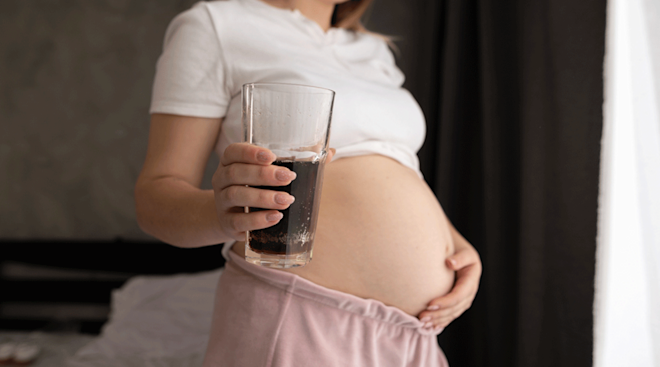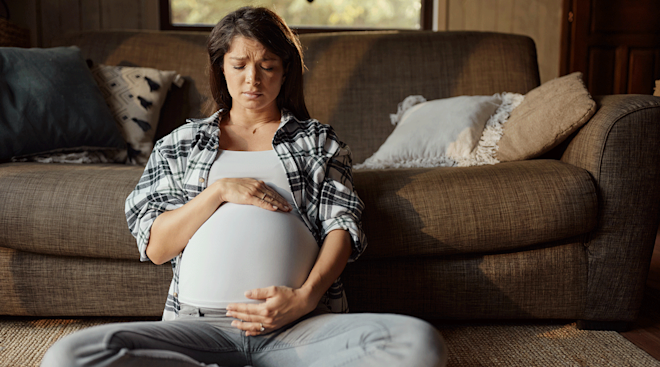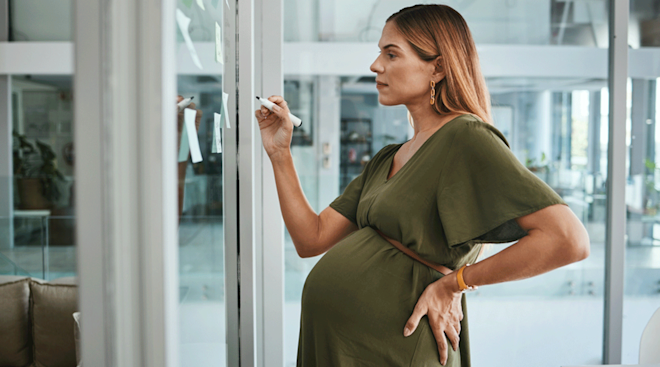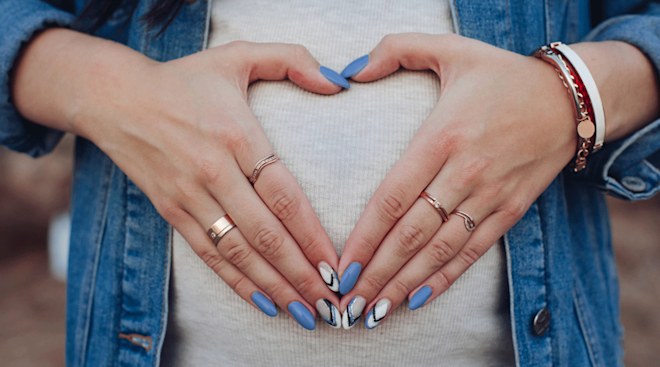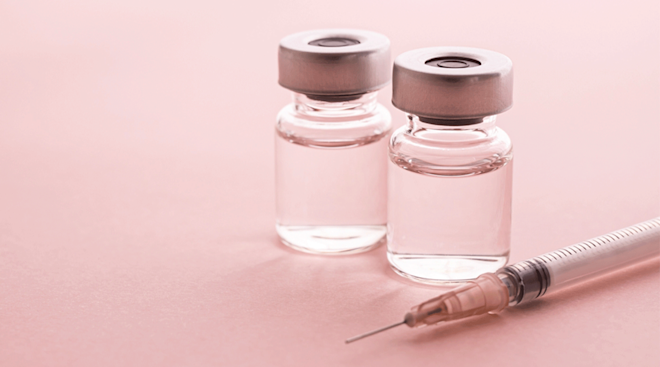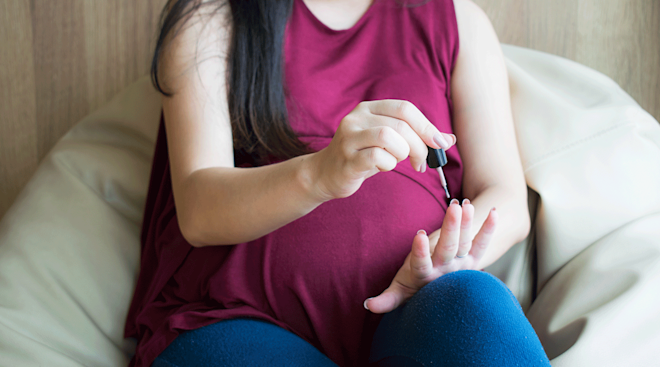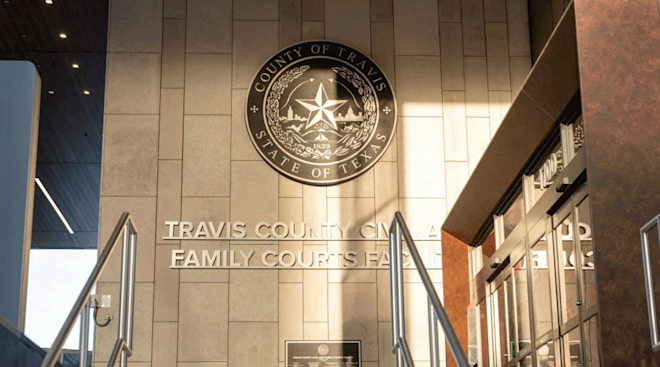12 Things to Avoid in Early Pregnancy
Getting that positive pregnancy test is undoubtedly exciting—but more likely than not, you’re also feeling anxious. Your entire life is about to change, and you’re likely wondering what you’ll need to do to care for yourself and your growing baby. For example, are there foods to say no to during pregnancy? There are a lot of conflicting opinions out there on things to avoid in early pregnancy. To give you some clarity, we’ve talked to experts about what to steer clear of.
Even if you eat a healthy diet during pregnancy, certain foods can still pose a risk for developing baby. These include:
Raw or undercooked fish
Raw or undercooked fish can contain parasites and bacteria like salmonella or listeria, which can be very dangerous to you and baby, says Meleen Chuang, MD, chief of service in Obstetrics and Gynecology at NYU Langone Hospital Brooklyn. Instead, you can cook and enjoy fresh fish. “Wait till after you have baby to have a sushi celebration,” she advises.
Deli meat
If you’re going to have deli meat while pregnant, make sure you cook or heat it up thoroughly before eating to avoid the risk of listeria, says Chuang. Heat your meat to at least 165 degrees, says Theresa Mahon, MD, FACOG, an ob-gyn hospitalist at Stamford Health in Connecticut. You’ll also want to skip deli-made salads made with mayo, such as potato and egg salads, since those are prepared and eaten cold. “We’re not sure how long it’s been sitting out for before purchase,” Chuang says.
Unpasteurized foods and drinks
Be sure to avoid soft cheeses such as queso fresco since they can contain listeria and other bacteria, says Mahon. “Rule of thumb: In pregnancy, avoid unpasteurized food and unpasteurized liquids like raw milk and unpasteurized juices,” she adds.
Unwashed produce
It’s a good idea to eat lots of fruits and vegetables in pregnancy (and always!), but you need to make sure to wash them thoroughly, says Donna Adams-Pickett, PhD, MD, an ob-gyn at Augusta Women’s Health and Wellness Center in Georgia.
High-mercury fish
Mahon says that seafood with high mercury levels can affect baby’s brain development. “The bigger the fish, the greater the mercury content—so avoid king mackerel, marlin, orange roughy, swordfish, bigeye tuna [and] shark,” says Mahon. Salmon, cod, tilapia and lobster are all safe as long as they’re cooked thoroughly, she says.
You might not raise a glass to this: There’s no known safe level of alcohol consumption during pregnancy, according to the American College of Obstetricians and Gynecologists (ACOG). Alcohol can cause congenital abnormalities and developmental issues in baby and lead to fetal alcohol spectrum disorders (FASD), says Bonnie Zell, MD, MPH, FACOG, chief medical officer at Delfina, an AI-centered solution to maternal care. FASD can involve learning disabilities, behavioral problems and physical abnormalities like small head size and poor vision and hearing, says Chuang. So, switch to mocktails and toast with the real thing after you give birth.
Smoking cigarettes and cigars or vaping can cause low birth weight and serious complications like placental abruption, says Mahon. “Children of pregnant people who smoke are at high risk of childhood asthma,” she says. Even if you don’t light up or vape yourself, try to avoid secondhand smoke as well, since it can also lead to issues, she adds.
“Marijuana has 500 different chemicals that can pass through the placenta and affect baby,” Chuang explains. The potential side effects are serious: Fetal growth restriction, a higher risk of stillbirth, poor brain development and more. Other recreational substances need to be off the table too. Illicit drugs can increase risk of birth defects, says Chuang. “Opioid use disorder and intravenous drug abuse also increases the risk of severe infections such as HIV, hepatitis C and hepatitis B,” she adds.
While some over-the-counter medications are safe for pregnancy, many others can pose risks. See your healthcare provider as soon as you learn you’re expecting, advises Nina Farzin, PharmD, CEO and founder of oogiebear, a gentle solution for cleaning baby ears and noses. During this appointment, tell them everything you’re taking, including prescription and over-the-counter medicines, supplements, herbal remedies and teas and vitamins. If necessary, they’ll help you find suitable swaps. In general, avoid drugs and supplements your provider doesn’t prescribe or approve for use during your pregnancy, adds Zell.
During the first trimester, you can generally stick to your typical exercise routine, says Adams-Pickett. But as your pregnancy progresses, your ligaments will begin to loosen, making you more prone to injuries and falls, she says. “As pregnancy advances, you may need to modify your routine because of discomfort and also because your center of gravity changes—and falls are a risk,” says Mahon. Here are a few types of pregnancy workouts to avoid, according to experts.
Hot yoga
Don’t book hot yoga classes throughout your pregnancy, as high temperatures can increase the risk of neural tube defects and miscarriage, says Chuang. (Gentle prenatal yoga is not only okay, but encouraged!)
Exercises done lying on your back
Avoid these after the first trimester, since the position could restrict blood flow to the fetus, plus put pressure on your spine and back muscles, says Ashley Rawlins, PT, DPT, a pelvic and obstetric physical therapist and clinical educator at Origin.
High-risk sports and strenuous exercises
It’s important to avoid contact and high-impact sports, like hockey and football, and activities with a high risk of falling or injury, like skiing, horseback-riding and rock-climbing, says Zell. “What’s strenuous for one person might not be strenuous for the next,” she adds. “Avoid activities that overly strain your body; early pregnancy is not the time to run a marathon if you’re not already a marathon runner.”
As with hot yoga, you should avoid these hot environments, says Chuang, since a significant increase in body temperature could harm baby.
At last, you have a solid excuse for not changing your cat’s litter box: Cat poop can carry a pathogen that causes an illness called toxoplasmosis, says Mahon. “Toxoplasmosis can have a devastating effect on a growing fetus and can cause hearing loss and neurodevelopmental delays,” she says. “No trimester is free from risk if you contract toxoplasmosis, but the earlier in pregnancy you’re infected, the more harm to your growing baby.”
Avoid X-rays and other forms of radiation unless your healthcare provider feels it’s medically necessary, says Zell.
There’s a lack of research on the subject, but it can’t hurt and might help to avoid harsh chemicals in certain cleaning products. “Solvents are the main culprit you want to avoid in pregnancy because they’re associated with low birth weight and even miscarriage,” says Mahon. “It’s also a good idea to avoid pesticide sprays.”
It’s important to avoid certain skin-care products during pregnancy due to their potential effect on baby. For example, retinoids, often used for acne treatment, have been linked to birth defects. ACOG advises pregnant women to avoid products with phthalates, parabens, oxybenzone and triclosan, and to look for products marked “fragrance-free” rather than “unscented.”
Chicken pox, measles, shingles and hand-foot-and-mouth disease can be very dangerous for baby or cause significant birth defects, warns Adams-Pickett. Try to avoid contact with people who are sick, and wash your hands and wipe down surfaces religiously.
Now that you’re aware of these precautions, you can make informed choices to take better care of your body and baby for a healthier pregnancy, says Chuang. “It’s important to note that these recommendations are general guidelines, and individual circumstances may vary,” she adds. Now, it’s time to take a deep breath: You’re doing your due diligence as you head toward your due date.
Please note: The Bump and the materials and information it contains are not intended to, and do not constitute, medical or other health advice or diagnosis and should not be used as such. You should always consult with a qualified physician or health professional about your specific circumstances.
Plus, more from The Bump:
Donna Adams-Pickett, PhD, MD, is an ob-gyn at Augusta Women’s Health and Wellness Center in Georgia. She earned her medical degree from Emory University School of Medicine.
Meleen Chuang, MD, is the chief of service in Obstetrics and Gynecology at NYU Langone Hospital Brooklyn and a clinical associate professor of obstetrics and gynecology at the NYU Grossman School of Medicine. She earned her medical degree from Stony Brook University School of Medicine in Stony Brook, New York.
Nina Farzin, PharmD, is a pharmacist and CEO and founder of oogiebear, a gentle solution for cleaning baby ears and noses.
Theresa Mahon, MD, FACOG, is an ob-gyn hospitalist at Stamford Health in Connecticut. She earned her medical degree at Albert Einstein College of Medicine in New York City.
Ashley Rawlins, PT, DPT, is a pelvic and obstetric physical therapist and clinical educator at Origin. She specializes in the treatment of pelvic floor muscle dysfunctions.
Bonnie Zell, MD, MPH, FACOG, is the chief medical officer at Delfina, an AI-centered solution to maternal care. She has a broad spectrum of healthcare and public health experience as a nurse, ob-gyn physician chief and hospital medical director.
American College of Obstetricians and Gynecologists, Alcohol and Pregnancy, February 2023
American Academy of Dermatology Association, Is Any Acne Treatment Safe to Use During Pregnancy?
American College of Obstetricians and Gynecologists, Toxic Chemicals: Steps to Stay Safer Before and During Pregnancy, October 2022
Learn how we ensure the accuracy of our content through our editorial and medical review process.
Navigate forward to interact with the calendar and select a date. Press the question mark key to get the keyboard shortcuts for changing dates.
































